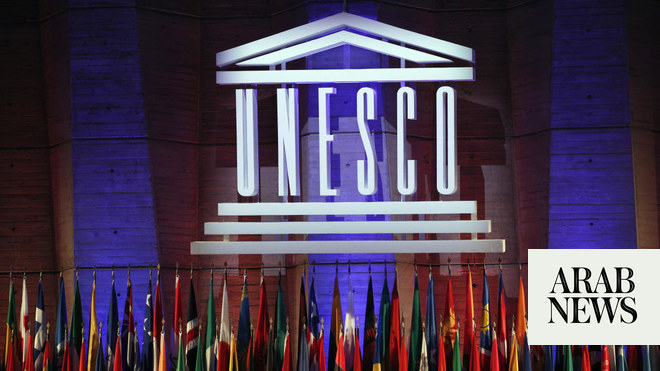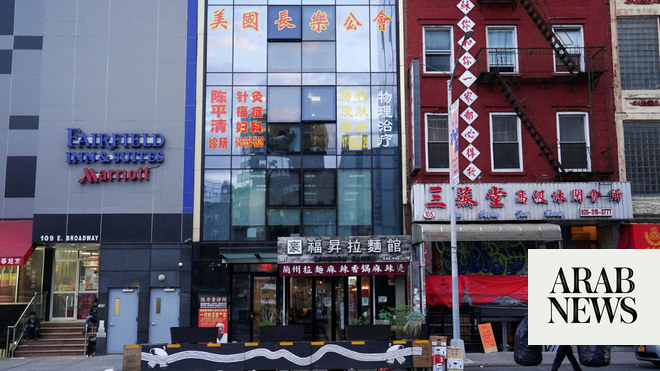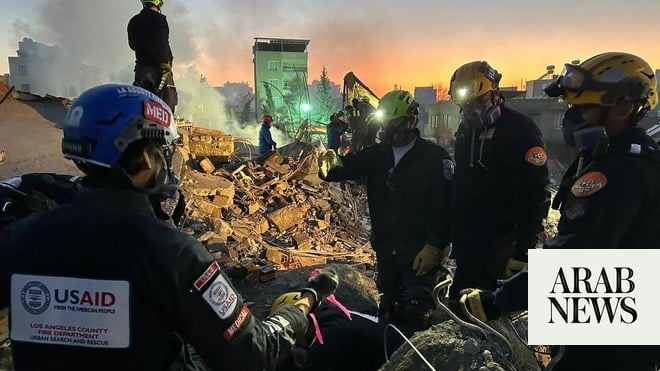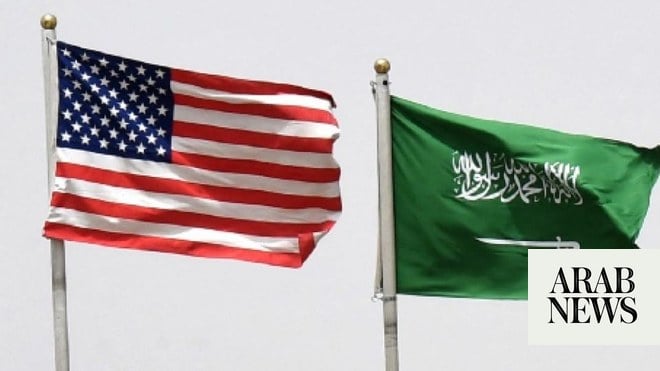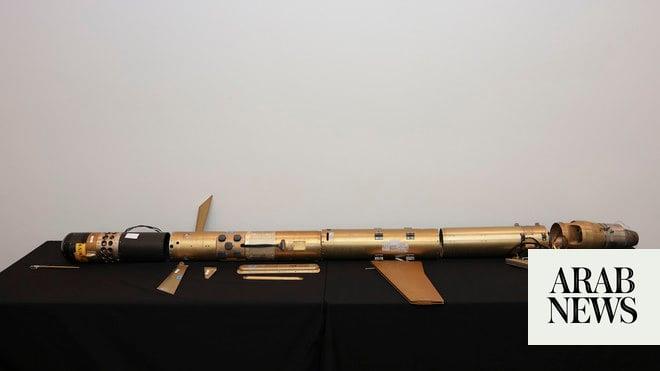
US President Donald Trump is studying a list of potential candidates to fill the new position of presidential envoy to Syria as part of a series of changes in his country’s administration that fall in line with the new strategy of retaining an “open military presence” east of the Euphrates River.
The changes are also aimed at countering Iran’s influence in the Middle East, negotiating with Moscow over a solution in Syria and achieving political transition to its conflict.
According to information obtained by Asharq Al-Awsat, several changes were introduced in positions related to Middle Eastern and Syrian affairs. Among them was the appointment of David Schenker, of the Washington Institute for Near East policy, as successor to David Satterfield as envoy to the Middle East.
The most prominent change however will be the appointment of a presidential envoy to Syria, who will be primarily responsible for this file. His duties will include negotiating with regional allies and Russia over the conflict after acquiring a major negotiations card related to controlling eastern Syria.
Russia and the US had agreed in May to consider the eastern Euphrates as a dividing line between their forces and allies on the ground. Consequently, areas east of the river are now under the control of the US and its allies and the areas west of the river are controlled by Moscow’s allies.
After lengthy discussions, the US administration agreed to retain its forces on the ground in Syria along with its allies in the international alliance fighting the ISIS terrorist group.
Western officials believe that Washington wants to achieve three goals with this move. The first is reducing Iran’s influence and hindering its land expansion in Iraq and Syria. The second is pressuring Moscow and Damascus to reach a political solution and implement United Nations Security Council 2254. The third is prevent the reemergence of ISIS.
US institutions, said diplomats, have started to translate the new American strategy on the ground in a number of measures:
- Bolstering the Syrian Democratic Forces (SDF) and forming a force with new duties, which including defending areas under their control and setting up a police force that can act as a border guard.
- Expanding and developing the five existing military airports and air bases, especially those in Kobane – Ain al-Arab.
- Speeding up the de-mining processes and ensuring the return of refugees to the regions that have been liberated from ISIS, such as Raqqa and other eastern cities.
- Militarily defending areas under SDF control and the areas bordering the de-escalation zones agreed on by Moscow, similar to what happened earlier this week when the US carried out air strikes against regime forces that had launched an attack east of the Euphrates.
- Supporting local councils to manage the liberated regions.
- Dispatching US diplomats and civilians to these regions. French and US diplomats have indeed arrived in Raqqa city.
- Bolstering economic means and finding ways to benefit from oil, gas, water and agriculture resources, especially since Washington’s allies control most of the oil and gas wells in eastern Syria.
- Opening the border with Iraq whereby Washington has persuaded the Baghdad government to open the al-Yaarbiya crossing to deliver aid to the eastern Euphrates.
- Introducing change to the political structure of these regions. This includes the formation of new political parties, such as the “Future Syria”, which includes local Arab and tribal forces.
- Launching a fundraising campaign to reconstruct destroyed cities in eastern Syria, especially former ISIS stronghold Raqqa, which can later symbolize the future of a new Syria.
- Allowing prominent Syrian opposition figures into eastern Syria to bolster the image of the “Syrian identity” of these regions and avoid debates about secession.
These points will be among a number of issues that will be discussed by US Secretary of State Rex Tillerson when he arrives in the region on Sunday on five-stop trip that he will kick off in Egypt. He will also visit Kuwait, Jordan and Lebanon before ending his tour in Turkey.




